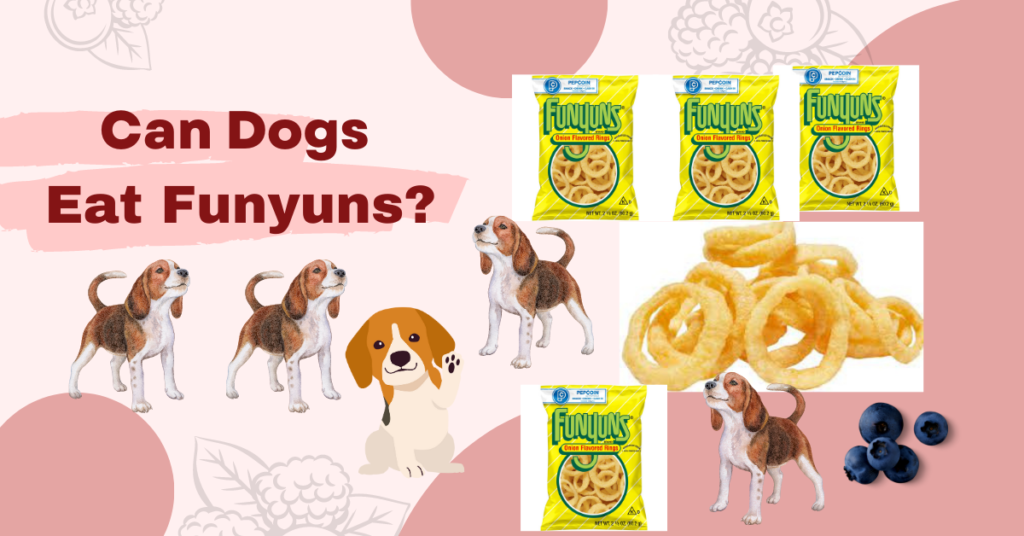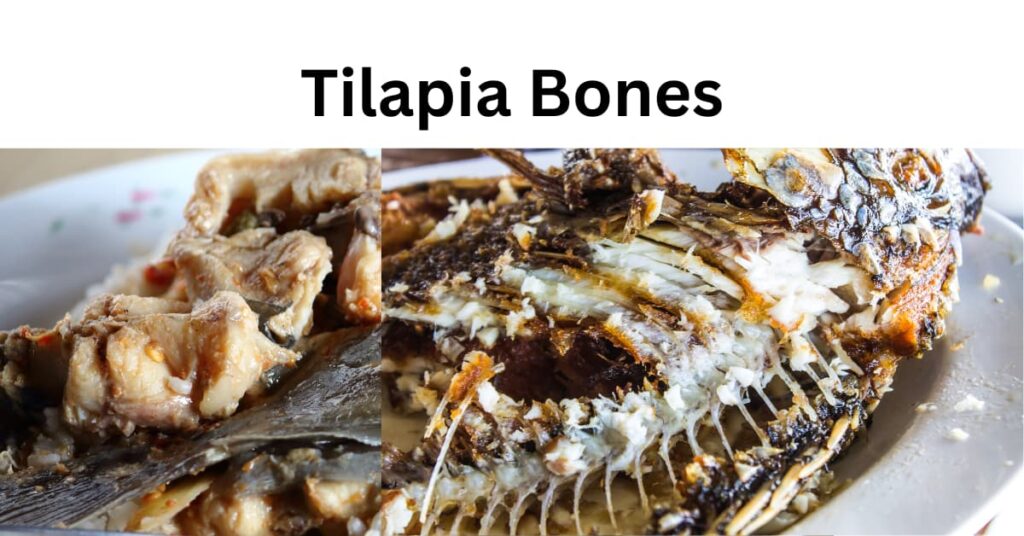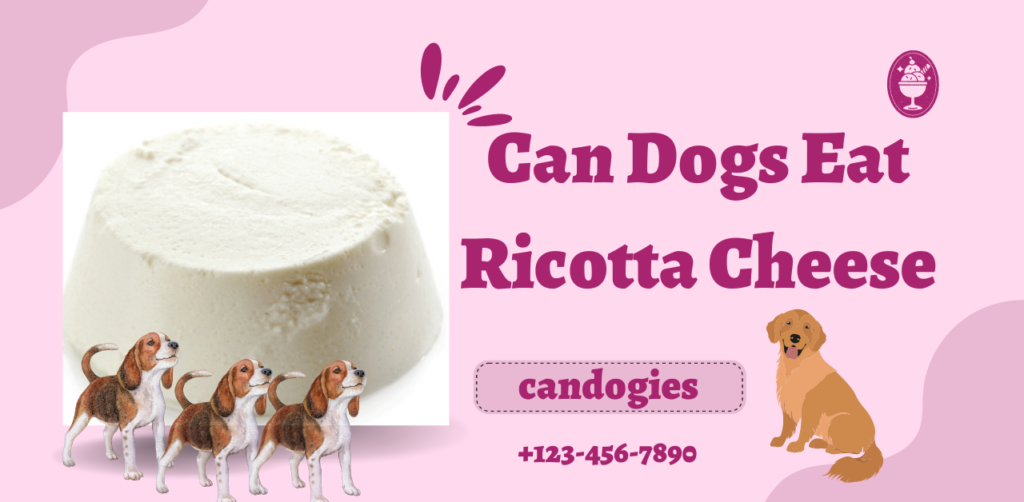Can Dogs Eat Honey Buns? Risks and Benefits
Dogs are one of the most beloved pets worldwide, and it is no secret that they love to eat. As pet owners, we all want to provide our furry friends with the best possible diet to keep them happy and healthy. However, sometimes, we may be tempted to share snacks with our dogs. One such snack that is commonly found in households is honey buns. But can dogs eat honey buns?
In this article, we will explore the risks and benefits of feeding honey buns to dogs.
We will discuss the nutritional value of honey buns, as well as the potential health hazards that come with feeding dogs foods that are not explicitly designed for their digestive systems. By the end of this article, you will have a better understanding of whether honey buns are safe for your furry friend to consume and what alternatives you can consider to keep them healthy and happy.

What is Honey Buns?
Honey Buns are a sweet pastry typically made from a dough containing flour, sugar, yeast, milk, and eggs, which is rolled into a flat shape and then filled with a mixture of honey and butter. The pastry is baked until golden brown, and the filling becomes caramelized, resulting in a sweet, gooey center.
Honey Buns can be found in various shapes and sizes, including round, square, or rectangular, and can be served as a breakfast pastry or as a dessert. They are a popular snack in many parts of the world, particularly in the United States, where they are often sold in convenience stores and vending machines.
Can Dogs Eat Honey Buns?
It is not recommended to feed honey buns or any sugary pastries to dogs. Honey buns are high in sugar and fats, and they do not provide the essential nutrients that dogs need to maintain a healthy diet.
Feeding dogs sugary and fatty foods like honey buns. It can lead to obesity, dental problems, digestive issues, and other health problems. In addition, some ingredients in honey buns, such as chocolate or artificial sweeteners like xylitol, can be toxic to dogs.
If you want to treat your dog, it is best to give them small amounts of healthy, dog-friendly treats specifically designed for dogs, such as dog biscuits or dental chews. Always check with your veterinarian before introducing new food to your dog’s diet.
Why You Shouldn’t Feed Honey Buns to Dogs?
There are several reasons why you shouldn’t feed honey buns to dogs:
High in sugar and fat:
Honey buns are high in sugar and fats, which can cause weight gain and obesity in dogs. Over time, obesity can lead to several health problems, including diabetes, heart disease, and joint issues.
Digestive problems:
Dogs cannot digest sugary and fatty foods like honey buns as easily as humans. Feeding your dog honey buns can cause digestive problems such as diarrhea, vomiting, and constipation.
Dental problems:
The sugar content in honey buns can stick to your dog’s teeth and cause plaque buildup, leading to tooth decay and other dental problems.
Chocolate and artificial sweeteners:
Some honey buns may contain chocolate or artificial sweeteners like xylitol, which can be toxic to dogs. Chocolate contains theobromine, which can cause vomiting, diarrhea, seizures, and even death in dogs. Xylitol can cause a sudden insulin release, leading to hypoglycemia (low blood sugar) and liver damage.
Unbalanced diet:
Honeybuns do not provide the essential nutrients dogs need to maintain a healthy diet. Feeding your dog a diet high in sugary and fatty foods can result in an unbalanced diet that lacks essential vitamins and minerals.
It is always best to feed your dog a balanced diet appropriate for their age, size, and activity level. If you want to treat your dog, choose healthy and dog-friendly options such as fruits and vegetables or specially-made dog treats.
How Much Honey Can a 10-Pound Dog Have?
While honey is generally considered safe for dogs in moderation, it is important to remember. It is still a sugary food and should be given in limited amounts. As a general guideline, it is recommended to limit honey intake to no more than 1 teaspoon per 10 pounds of body weight per day.
Therefore, a 10-pound dog should not be given more than 1 teaspoon of honey daily. It is also important to note that honey should not be the primary source of nutrition for your dog and should only be given as an occasional treat in small amounts. If you have any concerns about feeding your dog honey. If your dog has any underlying health conditions, it is always best to consult with your veterinarian before introducing any new food to its diet.
What Is The Nutritional Value Of Honey Buns?
Honey buns are sweet pastries generally high in calories, sugar, and fat and are not considered a portion of nutritious food. The nutritional value of honey buns can vary depending on the recipe and brand, but in general, a typical honey bun (1 serving or 3.5 oz) contains:
- Calories: 400-500
- Total fat: 20-25 g
- Saturated fat: 10-15 g
- Trans fat: 0.5-1 g
- Cholesterol: 30-40 mg
- Sodium: 350-450 mg
- Total carbohydrates: 50-60 g
- Dietary fiber: 1-2 g
- Sugars: 20-30 g
- Protein: 5-7 g
Honey buns are generally high in calories, saturated and trans fats, and added sugars while low in dietary fiber and essential nutrients such as vitamins and minerals. Regular consumption of honey buns and other similar pastries. It can lead to weight gain, high cholesterol, and other health problems, particularly. If they are not balanced with a healthy and nutritious diet. Therefore, it is best to enjoy honey buns and other similar treats in moderation and as part of a balanced diet.
Is honey Good for vomiting dogs?
Honey may help to vomit dogs in some cases, but it is important to note that it is not a cure-all solution and should not be used as a substitute for proper veterinary care.
Honey has natural antibacterial properties and can help soothe and coat the throat, which may help calm an upset stomach and reduce vomiting in dogs. However, it is important to use raw and unprocessed honey. As processed honey may contain added sugars and other ingredients that can worsen vomiting in dogs.
If your dog is vomiting. It is important to identify the underlying cause and seek veterinary care as soon as possible. Vomiting can be a symptom of various conditions, ranging from minor gastrointestinal upset to more serious medical conditions such as pancreatitis or kidney disease. Your veterinarian can diagnose the underlying cause of your dog’s vomiting. And provide appropriate treatment, including medication, dietary changes, and other supportive therapies.
In summary, while honey may benefit vomiting dogs, it is not a substitute for proper veterinary care. It should only be used under the guidance of a veterinarian.
Risks
Feeding honey to dogs does come with some potential risks. Here are some of the possible risks:
Obesity: Honey is high in calories and sugar, and feeding it to your dog regularly can lead to weight gain and obesity.
Allergic reactions: Dogs can have allergic reactions to honey just like humans, and some may experience symptoms such as hives, itching, and swelling.
Digestive problems: Feeding your dog too much honey can cause digestive problems such as diarrhea, vomiting, and constipation.
Botulism: Raw honey may contain the spores of Clostridium botulinum, a bacteria that can cause botulism. While this is rare in healthy dogs, it is risky for puppies, elderly dogs, and dogs with weakened immune systems.
Diabetes: Honey is high in sugar and can cause blood sugar levels to spike, which can be a concern for dogs with diabetes.
Tooth decay: Honey is sticky and can adhere to your dog’s teeth, leading to plaque buildup and decay.
If you want to feed your dog, honey, it is best to do so in moderation and under the guidance of a veterinarian. It is important to use raw, unprocessed honey and avoid honey that has been processed or contains added sugars. If your dog experiences any adverse reactions to honey, such as vomiting, diarrhea, or allergic symptoms. You should stop feeding it to them and consult with your veterinarian.
Benefits
Honey can have some potential benefits for dogs. Still, it is important to remember that it should only be given in moderation and under the guidance of a veterinarian. Here are some of the potential benefits of feeding honey to dogs:
Natural energy boost:
Honey is a natural source of carbohydrates, which can provide your dog with a quick energy boost. This can be particularly useful for dogs that engage in high levels of physical activity or that need a quick source of energy.
Soothes sore throat:
Honey has natural antibacterial properties and can help soothe and coat the throat, which may be helpful for dogs with sore throats or coughs.
Promotes wound healing:
Honey has natural antibacterial and anti-inflammatory properties, which can help promote wound healing in dogs. It can be applied topically to minor cuts, scrapes, and burns to help prevent infection and promote healing.
Supports digestion:
Honey can help support digestion in dogs by promoting the growth of beneficial gut bacteria and reducing inflammation in the digestive tract.
Helps with allergies:
Raw honey may contain pollen and other allergens, which can help desensitize dogs to seasonal allergies.
Contains antioxidants:
Honey is a rich source of antioxidants, which can help protect your dog’s cells from damage caused by free radicals.
Again, it is important to remember that honey should only be given in moderation and under the guidance of a veterinarian. While it can benefit dogs. It is not a substitute for proper veterinary care and should not be used to treat or prevent medical conditions.
Conclusion: Can Dogs Eat Honey Buns? Risks and Benefits
Honey can have both potential benefits and risks for dogs. While honey can provide a natural energy source, soothe sore throats, promote wound healing, support digestion, help with allergies, and contain antioxidants. It can also cause obesity, allergic reactions, digestive problems, botulism, diabetes, and tooth decay if given in excess or improperly. Therefore, it is important to only feed your dog honey in moderation and under the guidance of a veterinarian. If your dog experiences any adverse reactions to honey, you should stop feeding it to them and consult with your veterinarian. Additionally, if your dog is experiencing vomiting or any other symptoms. It is important to seek veterinary care as soon as possible to identify the underlying cause and receive appropriate treatment.
FAQ’s
Is Honey Safe for Dogs? Honey is safe for dogs to eat in small quantities. It contains natural sugars and small amounts of vitamins and minerals. It is also used as a sweetener in many foods and beverages.
Buns upset your dog’s stomach: Buns do not provide nutritional value to your pet, and eating them can lead to painful bloating and gas.
For most, honey is a safe ‘sometimes’ treat,” Dr. Simon said. “It can be baked into dog-friendly treats, such as biscuits and cakes. It can also be drizzled on top of dog food puzzles in small amounts or given straight off a teaspoon.
But any more than a mouthful is too much. Foods such as Honey Nut Cheerios, honey buns, and honey-vanilla Greek yogurt offer no nutritional value to cats and contain too much sugar.







I was just seeking this information for some time. After 6 hours of continuous Googleing, at last I got it in your website. I wonder what’s the lack of Google strategy that do not rank this type of informative web sites in top of the list. Normally the top sites are full of garbage.
I really like your blog.. very nice colors & theme. Did you design this website yourself or did you hire someone to do it for you? Plz answer back as I’m looking to construct my own blog and would like to know where u got this from. many thanks